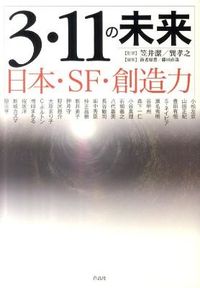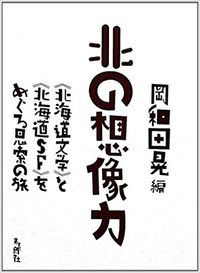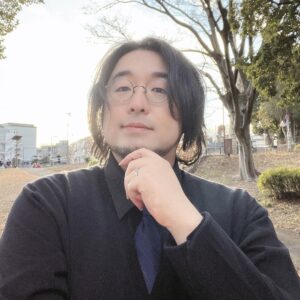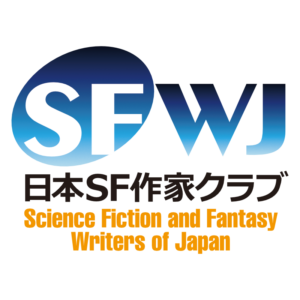石和 義之Yoshiyuki Ishiwa
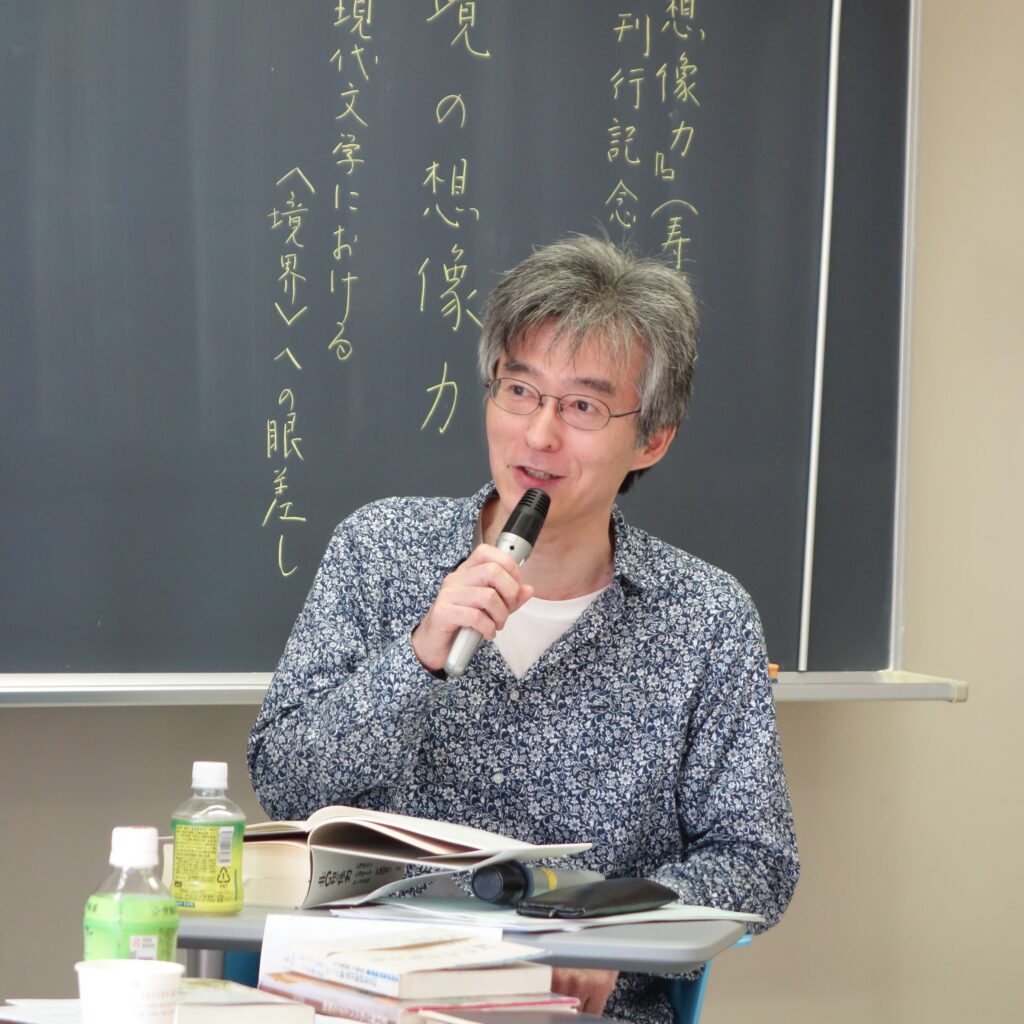
1962年生れ。小学生の時(昭和)、『夏の扉』(ハインライン)や『海底二万里』(ベルヌ)の子供向けリライト版を読んで、SFに目覚める。その後、小松左京、平井和正、筒井康隆などの昭和SFに熱中。もうどうしようもなく、「昭和」の感覚に規定されている。第4回日本SF評論賞優秀賞を受賞。この時書いたのはアシモフ論。やっぱり昭和である。受賞後、ジャーナリズムにて、文筆活動を始めるも、「平成」「令和」の主調低音である、やれ「デジタル」だ、やれ「AI」だ、という時代の掛け声に、上手くチューニングが合っていない。同時代とのズレ(デジタル的状況とアナログ的身体との間の不和)こそが、書き手としての自分の言葉の発生および運動の条件なのだ、と思い定め、昭和な原稿(?)を書いている。仮に、幼年期との尻尾が切れない、だらしのない退嬰ぶりを擁護する役割がSFにあるのだとすれば、SFってホントにいいもんですね、とは本人談。
Yoshiyuki Ishiwa was born in 1962. When he was in elementary school (during the Showa era), he discovered science fiction by reading illustrated versions for children of Heinlein’s The Door into Summer and Verne’s Twenty Thousand Leagues Under the Seas. He then avidly read the works of Sakyo Komatsu, Kazumasa Hirai, Yasutaka Tsutsui, and others. He has fallen in love with the Showa era spirit. He won the 4th Japan SF Critic Award (Excellence) with an essay on Asimov (again, Showa!). After winning the prize, he began to write for various newspapers, but he has had a hard time adapting to the post-1990’s style (yes, post-Showa!) and the “digital” or “AI” era. He is still writing in a Showa (always!) spirit, because it is precisely this gap between generations and styles (which probably comes from the irreconcilable difference between the contemporary digital situation and the analog body) that motivates him as a writer. If there is a way science fiction can let people enjoy a casual regression into childhood, then it is really a good thing – according to him.

